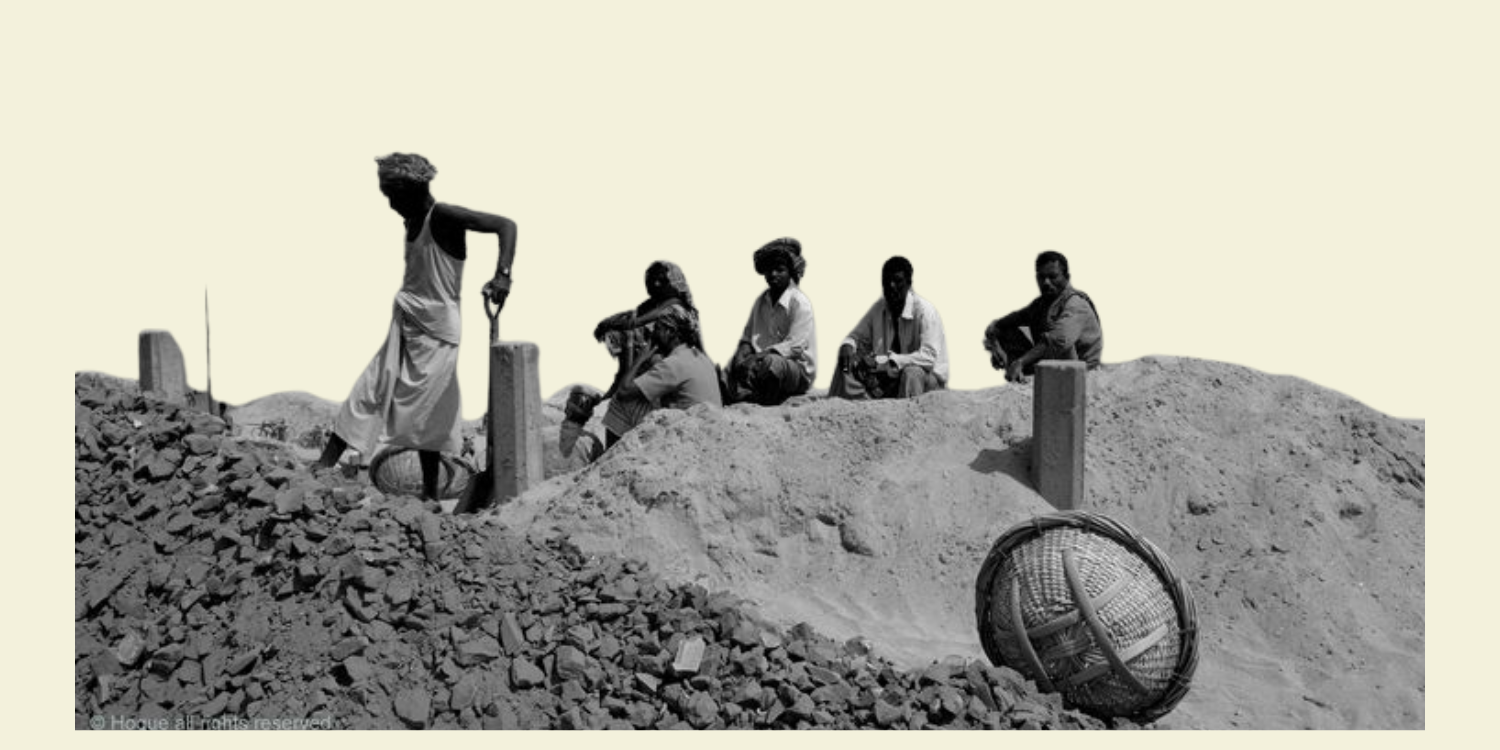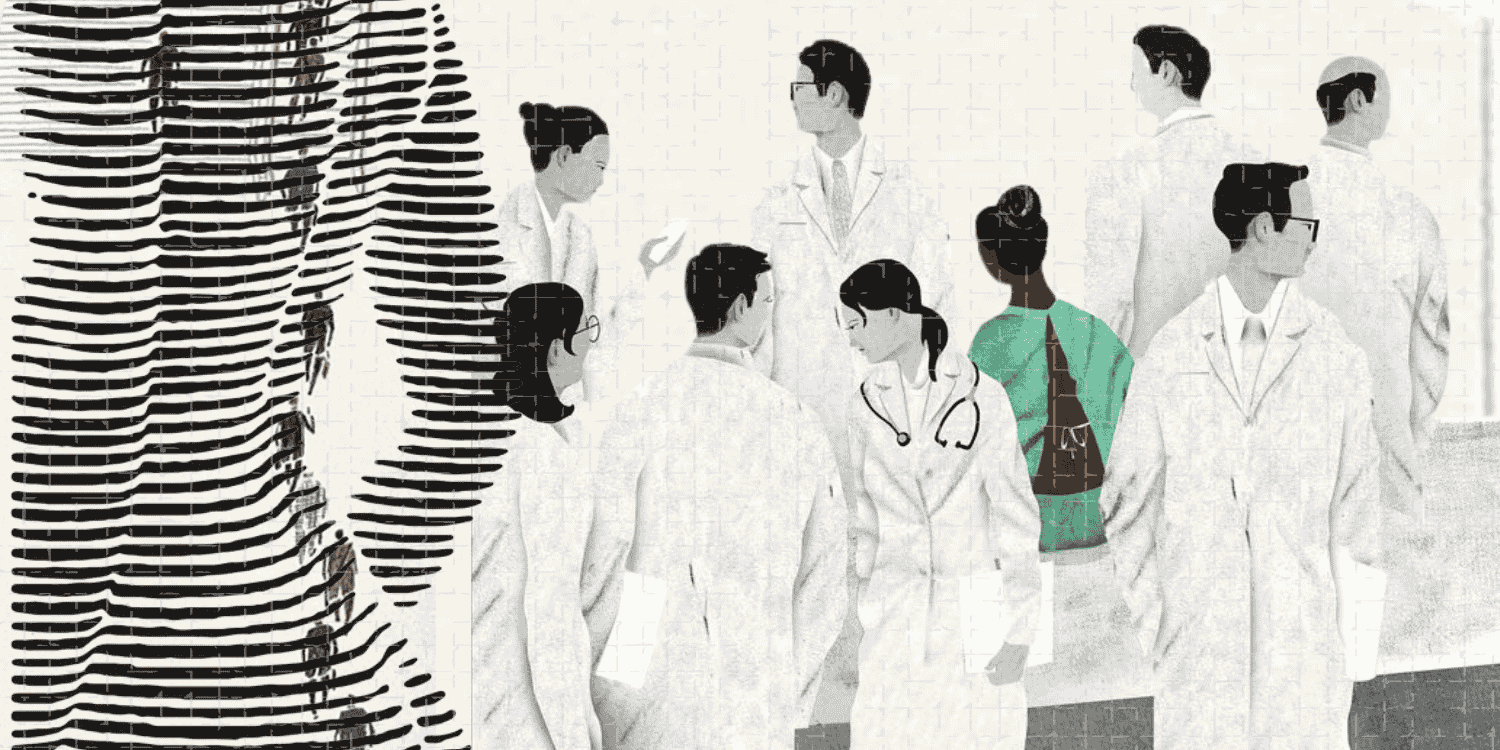
Macroeconomic Reforms and the Indian Manufacturing Sector: Locating Labour
Introduction In the May of 1990 when Montek Singh Ahluwalia delivered his seminal paper, “Towards a Restructuring of Industrial, Trade and Fiscal Policies” for an internal discussion in the government, a reservation on the question of labour was made for a later date, saying, “Reforms relating to labour legislation are also necessary. However, this is […]












